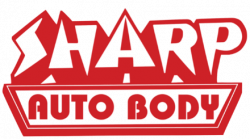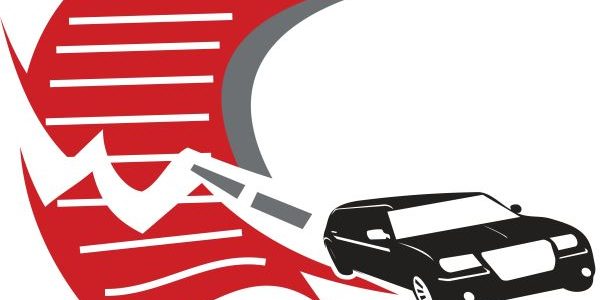Should You Lease or Buy Your Next Vehicle? The Pros and Cons Explained
Leasing a vehicle offers a tempting proposition for many drivers—a way to experience the thrill of driving a brand-new car or truck without the long-term commitment of ownership. The glossy showroom appeal, low monthly payments, and access to the latest technology make leasing sound like the perfect option. But before signing a lease, it’s important to understand both the advantages and disadvantages so you can make the best decision for your needs and budget.
Advantages of Leasing a Vehicle
- Lower Monthly Payments
One of the biggest draws of leasing is affordability. Monthly lease payments are typically lower than loan payments on a new vehicle. That’s because when you lease, you’re paying only for the depreciation that occurs during the lease term, not the full price of the vehicle. This allows many drivers to afford a more luxurious or higher-end model than they could if they were buying. - Always Drive a New Vehicle
Leasing lets you enjoy a new car or truck every few years, usually every two to three years. You can take advantage of the latest safety features, fuel efficiency improvements, and high-tech innovations without worrying about long-term wear and tear. For anyone who loves that new car smell and up-to-date technology, leasing can be an appealing choice. - Warranty Coverage and Fewer Repairs
Because most lease terms align with the manufacturer’s warranty period, you’ll likely be covered for most mechanical issues during your lease. That means fewer out-of-pocket repair costs and less worry about unexpected maintenance bills. You’re essentially driving a new vehicle that’s under warranty protection the entire time. - Lower Sales Tax
In many states, you only pay sales tax on the portion of the vehicle’s value you actually use (the depreciation), not on the full cost of the car. This can translate into significant savings compared to purchasing outright. - Less Maintenance Stress
Leased vehicles are usually brand-new or close to it, so you’re less likely to deal with major maintenance problems. Routine oil changes and inspections are often all that’s needed, keeping ownership simple and predictable.
Disadvantages of Leasing a Vehicle
- Mileage Restrictions
Most leases come with annual mileage limits—often between 10,000 and 15,000 miles per year. If you exceed these limits, you’ll face costly per-mile penalties at the end of the lease. For commuters, road-trippers, or anyone with a long daily drive, those fees can add up quickly. - You Don’t Own the Vehicle
At the end of a lease, you return the vehicle. You’ve essentially rented it for a set period. There’s no ownership, and no asset to sell or trade in later. If you decide to buy the vehicle after leasing, you’ll likely pay more than if you had purchased it from the start. - No Equity or Resale Value
Unlike buying, leasing doesn’t build equity. You’re paying for the right to drive the vehicle, not to own it. Once the lease ends, you have nothing to show for your payments. - Wear and Tear Fees
Leasing companies expect normal wear, but anything beyond that—scratches, dents, or interior damage—can result in end-of-lease penalties. For those who park in busy lots or drive in harsh conditions, this can become an unwelcome surprise. - Customization Limitations
If you enjoy personalizing your vehicle with window tinting, custom wheels, or performance upgrades, leasing may not be for you. Modifications are often prohibited, and you’ll need to return the vehicle in its original condition. - Long-Term Cost Considerations
While leasing feels affordable month-to-month, it can be more expensive in the long run if you continually lease new vehicles. Over time, the cycle of leasing means you’re always making payments and never owning an asset outright.
Making the Right Choice
Leasing can be a smart option for drivers who enjoy lower monthly payments, love new vehicles, and don’t want to deal with major repairs. However, if you drive long distances, plan to keep your vehicle for many years, or prefer to customize it to your liking, buying might be the better long-term investment.
Before making your decision, consider your lifestyle, driving habits, and financial goals. Whether you lease or buy, keeping your vehicle in top condition is essential for safety and resale value.
At Sharp Auto Body, we’re here to help you protect your investment—whether it’s leased or owned. From expert collision repair to detailing and paint protection, our team ensures your vehicle always looks and performs its best.
Call Sharp Auto Body today at 847-526-1343 to schedule your next service or get advice on keeping your leased car in showroom condition.








